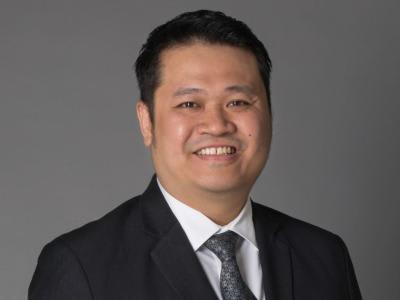THE TOP 5 THINGS INVESTORS NEED TO KNOW ABOUT INDONESIA
(1) Currency control
In general, there is no foreign currency control in Indonesia. However, Bank Indonesia’s regulations regarding foreign currency transactions against the rupiah by banks with local parties prohibits the purchase of foreign exchange against the rupiah from the commercial banking system in Indonesia by any person for amounts more that USD 100,000 per month in the absence of an underlying transaction. Additionally, companies should note that when requested by the respective commercial banks, they will need to provide proof of underlying transactions (e.g., contracts, invoices, etc.).
(2) Foreign ownership restriction
In Indonesia, there are different restrictions on foreign ownership for different business activities. For example, the current maximum foreign ownership for the public works sector ranges from 67% to 95%. As the levels of restrictions differ from year to year, investors will need to refer to the negative list (in accordance with the presidential regulation) for the latest information.
(3) Requirement of local representative/director
Under the Company Law/Investment Regulations, it is not mandatory for a Perseroan Terbatas Penanaman Modal Asing (PT PMA) to have a local representative/resident director. However, in practice, the PT PMA company will need to have at least one resident director (i.e., an Indonesian resident or a foreigner with an Indonesia work permit) in order to apply for the company’s tax ID number and any relevant business license.
(4) Application for licence
All PT PMA companies must obtain the Principal Licence before it can commence operations. Subsequently, the company should obtain the Business Licence (IU) or other activity-specific licences before it can commence revenue-generating activities. The company must also demonstrate that it has realised 100% of the Investment Plan that was proposed during the application of the Principal Licence. Investors should note that, in general, most business licence applications are one-off unless there are changes made to the business activities.
(5) Tax incentives
There are various tax credits and incentives available to foreign investors. For instance, large-scale investors that are involved in “pioneer industries” (e.g., petrochemical refineries and infrastructure) may be entitled to tax holidays ranging from 10% to 100% for a period from 5 to 10 years, beginning from the first date of commercial production. Additionally, PT PMA companies conducting business in Special Economic Zones (SEZ) may also enjoy tax facilities. However, the business activities of the said companies should cover those determined by each SEZ. As the tax incentives differ from year to year, investors are encouraged to seek professional tax advice prior to investing in Indonesia.
THE IMPORTANCE OF WORKING WITH ADVISORS WHO KNOW INDONESIA
Investors will be able to:
- Understand the finer details of doing business in Indonesia
- Develop a greater appreciation of practical issues on the ground and the best ways to overcome them
- Better manage the budget for the incorporation and maintenance of the company
- Obtain holistic advice on advisory and compliance matters
YOUR IDEAL LAUNCHPAD INTO ASEAN
Singapore is an excellent base for reaching out to the region’s developing markets.
- Businesses in Singapore enjoy automatic tax and other benefits of intra-ASEAN trade. They also enjoy free trade and double tax agreement benefits that Singapore has with neighbouring countries such as China, India, Australia, Japan and South Korea
- Singapore is the de facto financial capital of ASEAN’s treasury function
- It enjoys a low corporate income tax rate (currently at 17%), has no tax payable on dividends earned externally from its borders (subject to meeting conditions) and offers tax incentives/financial assistance to small-medium enterprises wishing to establish operations overseas
- There is no capital gain tax. If a Singapore holding company were to sell its shares in the subsidiary and makes a profit, there is no capital gain tax at the Singapore holding company level








